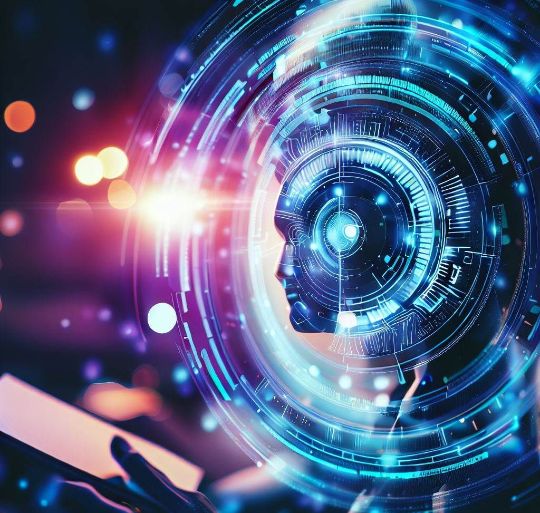
AI-Driven Content Creation:
One of the most significant ways AI has impacted media is through content creation. Algorithms and natural language processing have enabled the development of AI-driven content, such as news articles, social media posts, and even video scripts. We delve into the benefits of these technologies, including increased efficiency, cost-effectiveness, and the ability to scale content production, while also discussing potential drawbacks, such as concerns about originality and the risk of perpetuating biases.
Personalization and Audience Engagement:
AI has also transformed the way media outlets and brands engage with their audiences. By analyzing user data and behavior, AI algorithms can create personalized content recommendations and targeted advertising, leading to more relevant and engaging experiences for consumers. We examine the implications of this hyper-personalization, considering its impact on user privacy and the potential for echo chambers that limit exposure to diverse viewpoints.
Automated Fact-Checking and Misinformation Detection:
In the age of fake news and misinformation, AI-powered fact-checking tools and misinformation detection algorithms offer promising solutions. These technologies can help identify false or misleading content and flag it for review, providing a valuable resource for both media organizations and end-users. However, we also discuss the ongoing challenges in refining these technologies, such as distinguishing between satire and false information or grappling with the ever-evolving tactics used by purveyors of misinformation.
Ethical Considerations and the Role of Human Creativity:
As AI continues to transform the media landscape, ethical considerations and the role of human creativity become increasingly important. We discuss the responsibilities of media professionals in integrating AI into their work, including upholding transparency, addressing potential biases, and ensuring that human creativity remains at the heart of storytelling. We also explore how AI can be used as a tool to augment, rather than replace, the creative efforts of media professionals.
Conclusion:
AI's impact on media and communications is profound, offering innovative solutions to age-old challenges while raising new questions about ethics, privacy, and the role of human creativity. As the industry continues to evolve, media professionals must embrace the potential of AI and navigate its complexities, harnessing the power of these technologies to tell stories that inform, entertain, and inspire.